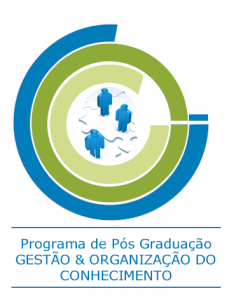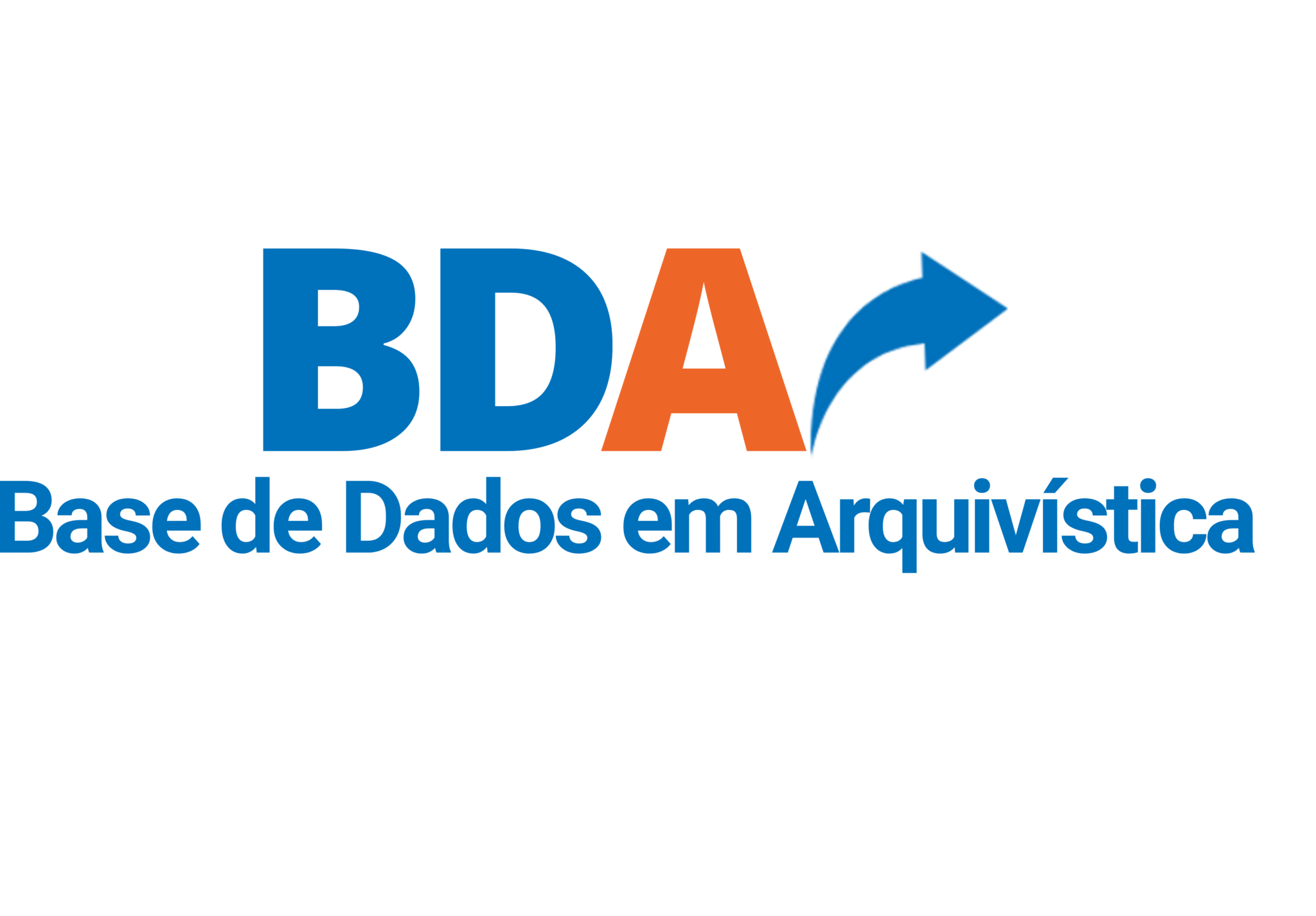People changes without losing knowledge
Knowledge transfer and documentation, a case study in municipal authority
Keywords:
Knowledge management, Knowledge transfer, Tacit knowledge sharing, Organizational knowledge retention, Knowledge organizationAbstract
The objectives of this work are the description and analysis of a case study, carried out in an organization of the municipal public administration, in Brazil. It is inserted in the studies of Information and Knowledge Management, with emphasis on the transfer of explicit, tacit knowledge and respective organization, as contributory managerial instruments for increasing effectiveness. The approaches of the authors Sveiby (1998); Nonaka and Takeuchi (1997); Davenport and Prusak (1998) and Choo (1998) in the area substantiate the understanding of the organizational knowledge management process, referring to the effectiveness in use, the knowledge spiral and the organizational capacity distributed in knowledge networks, respectively. It shares innovative practices for public administration, which faces challenges to adapt to new realities, where the achievement of institutional purposes and results becomes an essential condition for the effectiveness of the services provided and the improvement of the citizens' quality of life. It ensured the continuity of the authority's duties, given the risk of leaving qualified professionals who had the priority knowledge to carry out the work processes of that organization.
Downloads
Downloads
Published
How to Cite
Issue
Section
License
Autores que publicam na Revista Múltiplos Olhares em Ciência da Informação mantêm os direitos autorais e concedem à revista o direito de primeira publicação, com o trabalho simultaneamente licenciado sob a Licença Creative Commons Attribution que permite o compartilhamento do trabalho com reconhecimento da autoria e publicação inicial nesta revista. Contratos adicionais poderão ser assumidos, separadamente, pelos autores, para distribuição não-exclusiva da versão do trabalho publicada nesta revista (exemplo: publicar em repositório institucional ou como capítulo de livro), com reconhecimento de autoria e publicação inicial nesta revista.









